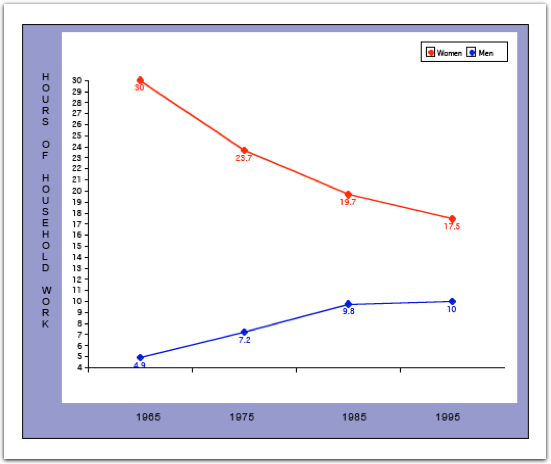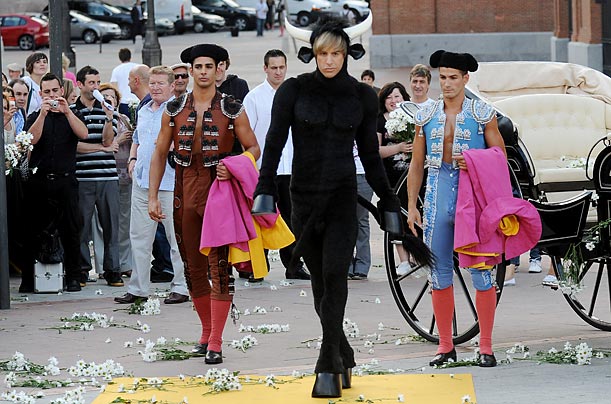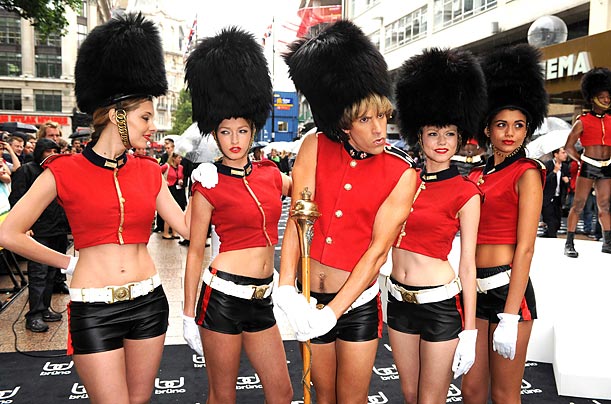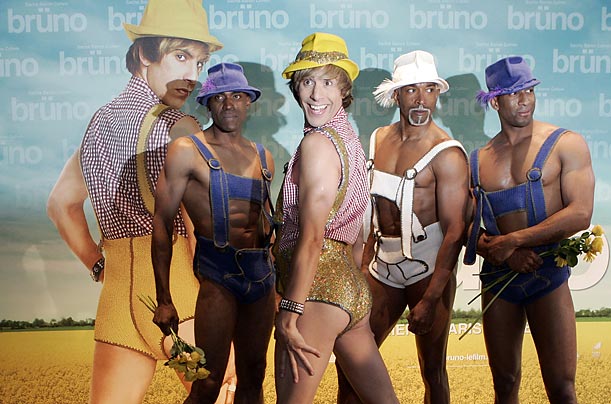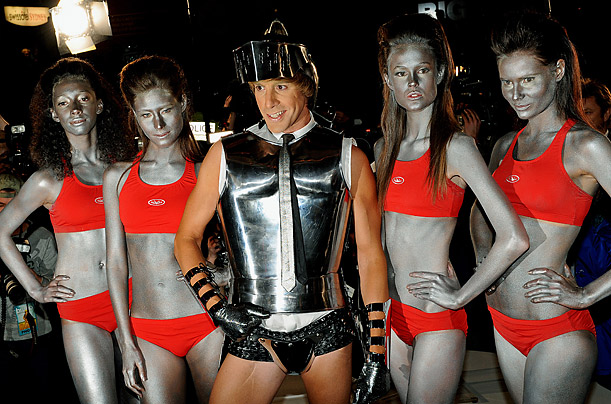Readers’ minds think alike, sometimes, and the changing advertising campaign for the “empire building” video game Evony caught the attention of fds, torenc, Assaf N., Elisabeth R., Sabriel, Nicole O., and Liz B. (images found at Gawker and Coding Horror, and hope I didn’t miss anyone who sent it in). Online ads for the game started out like this:

Then they added a woman with a little boob showing:

In case people weren’t noticing the cleavage, the ad evolved into one where the boobs are pointed out a bit more explicitly:

Moving on to a slightly more realistic look:

Christina W. sent us one with a woman actively disrobing and saying “Come play, my Lord”:

Mick H. found a close-up version similar to the one above:

D.R.S. sent us another:

And then they realized they could just dispense with all subtlety and get to the important part:

If that didn’t work, why not straight up near-nudity. Dan J. found this one here:
This ad submitted by both Alex B. and Kim H. seems to be taking the advertising to a whole new level. No longer content with boobs, they seem to be moving towards implied female masturbation:

Wtfcats sent this one in:

NEW (Dec. ’09)! Tom R. sent in this next one with a nice “we’re lesbian, but just for you” flair. Using the term “discreetly” to imply porn, it reads “join the fun”:

NEW (Jan. ’10)! Thanks to Chris M., Tinpantithesis, and Ryan, we now know that there is an Evony ad that doesn’t say anything about the game at all. You simply see this image and are invited to click on her boobs, butt, or lips to turn her into the “ideal woman”:
When you click, you are taken to this site, which asks you to sign up for the game because “obvious[ly],” “it makes you feel like King!”
Or sometimes apparently you get this view:
Presumably some players will be disappointed that there isn’t a female “queen” to be saved or oogled in the game at all–the women were invented only for the purpose of adding boobs to the ads. Jeff A. from Coding Horror says,
Evony, thanks for showing us what it means to take advertising on the internet to the absolute rock bottom … then dig a sub-basement under that, and keep on digging until you reach the white-hot molten core of the Earth. I’ve always wondered what that would be like. I guess now I know.
ALSO NEW (Dec. ’09)! Apparently the Evony ads have become such a thing that other games are referencing them to advertise themselves. Timm F. sent along the ad below making fun of the Evony ads. It reads, “She is actually in our game, my lord”:





